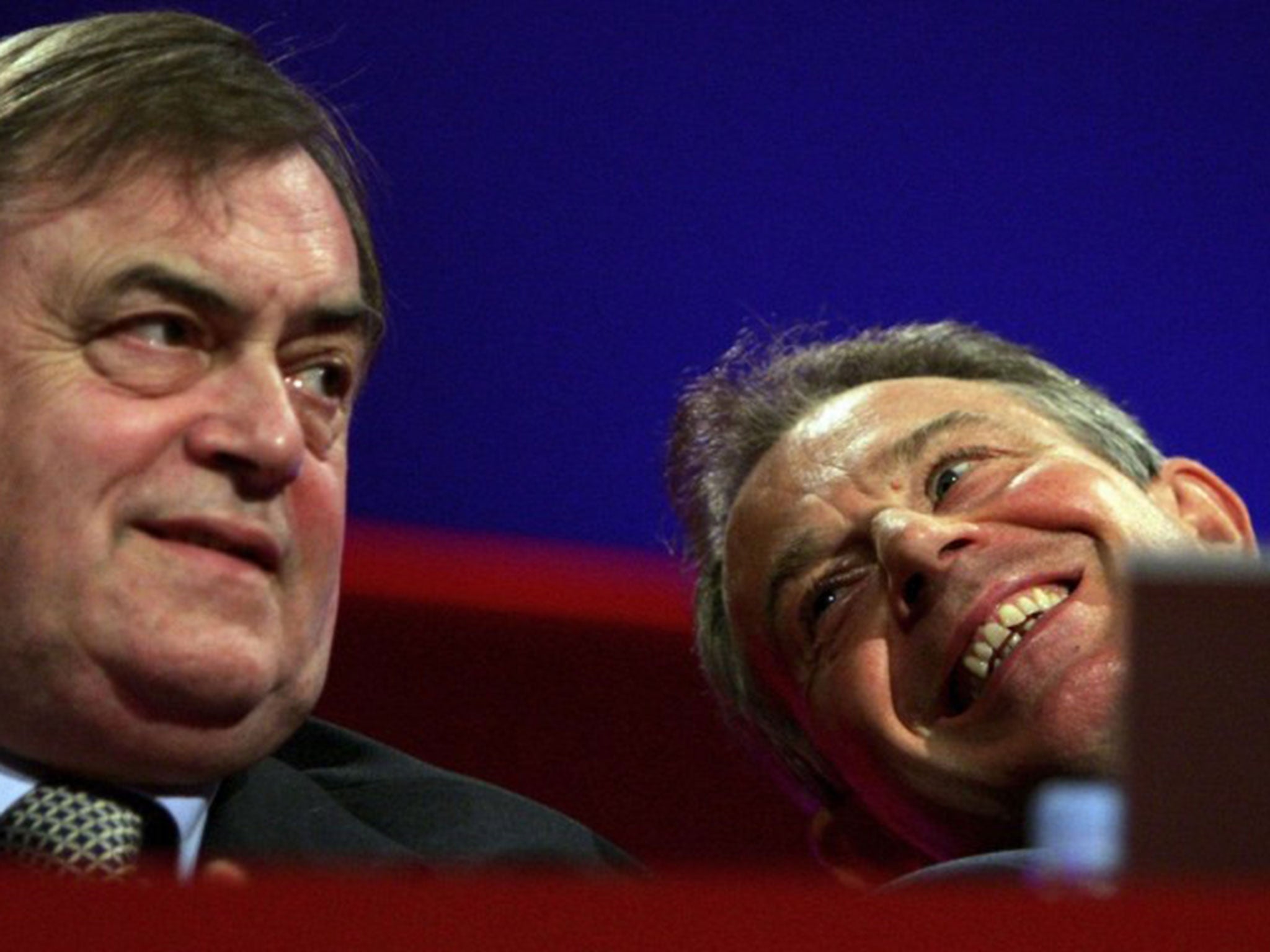Raab resignation: what does a deputy prime minister do?
It is a loosely defined role but as Margaret Thatcher once said, every prime minister needs a Willie, writes Sean O’Grady?


Following the resignation of Dominic Raab, the prime minister has appointed Oliver Dowden as his new deputy. Mr Dowden will retain his other roles as chancellor of the Duchy of Lancaster and cabinet secretary. The Sunak ally served as party chairman under Boris Johnson before resigning and helping bring about his downfall; now he is at the centre of political events at least until the next election. What is the job about, and what does history teach us about the people who filled it?
What does a deputy prime minister do?
The DPM does what the PM can’t do. It provides a designated person in cases where the prime minister is unable or unwilling to undertake certain tasks or if he wants to bring in particular skills or experience. Two examples would be Willie Whitelaw with Margaret Thatcher in the 1980s and Michael Heseltine for John Major in the mid-1990s. Both were given responsibility for large swathes of government policy, especially in home affairs, and provided additional political ballast for a leader who might otherwise be in trouble. As Thatcher once said of her de facto deputy, “every prime minister needs a Willie”.
No DPM has ever been an active or disloyal threat to their chief, with two exceptions. Sir Geoffrey Howe, humiliated and bullied by Thatcher to the extent that his role as DPM was derided by her press secretary, turned and was instrumental in her downfall in 1990.
A less celebrated example was George Brown in the 1960s, who was convinced he could do a better job than Harold Wilson and made one half-hearted attempt at an internal coup before retiring to the backbenches.
A good DPM will also take prime minister’s questions in the PM’s absence – usually against the deputy leader of the opposition party, as when Mr Raab faced Angela Rayner from time to time – and provide a ready replacement for a leader too sick to fulfil their duties, as Anthony Eden did with Churchill in the 1950s (except when Eden himself was seriously ill). When Johnson was admitted to hospital with Covid in 2020, Mr Raab as first secretary of state (he did not then have the DPM title) should have taken over but Johnson was unwilling to cede control and there was some jostling among the bigger beasts in the cabinet.
Formal appointment of a DPM also absolves the palace of any role in appointing a successor, temporary or permanent, if a PM dies in office since the DPM can just take over without interruption.
When was the role invented?
Historians differ, because the role is so ill-defined and often informal. Most agree that the first formal appointment using the actual title (which carries no salary, grace-and-favour residence or designated powers), only came in 1995 with the appointment of Heseltine by Mr Major (with the additional titles of first secretary of state, and a tennis court-sized office thrown in for extra grandeur). There has been a formal DPM ever since, with the exception of Gordon Brown’s time in No 10 when the de facto role was covered by Peter Mandelson, styled first secretary of state, rather than Labour’s deputy leader, Harriet Harman.
Less formally, the first DPM was arguably Clement Attlee in Churchill’s wartime coalition, and who looked after the home front. It was an excellent base from which to frame policy for the post-war era, and probably helped make Attlee into a legendarily effective PM from 1945. Attlee had to be de facto DPM in order to make the coalition work; and for the same basic reason Nick Clegg became the first and only Liberal Democrat DPM in David Cameron’s Coalition government (2010-15).
What makes a good DPM?
Loyalty to the boss; a lack of any residual personal ambition of their own; a convivial and easy relationship with the PM (something Sunak and Raab would surely have found difficult if Raab had stayed on); and ideally providing balance by coming from a different wing of the party. Thus the working-class trade unionist John Prescott was an excellent partner to the public school educated, reekingly upper middle class centrist Tony Blair; their decade-long double act from 1997 to 2007 was the longest of any pairing, and sets the standard to this day.
With no disrespect to more recent holders of the post, it’s fair to say that the likes of Dowden, Raab, Therese Coffey, David Lidington and Damian Green didn’t carry the kind of heft that Attlee, Eden, Rab Butler, Whitelaw, Heseltine and Prescott did in their time.
Can you do without a DPM?
Yes, if you have a natural, unchallenged successor who can take over without demur from cabinet or the wider party. For Labour it’s easier because they have a deputy who automatically becomes party leader pro tem an election contest; but for the Tories there’s no obvious correlation in the absence of a statutory election for the position of the deputy leader of the Conservative Party.
What is next for Dowden?
As a relatively young figure (44) and the youngest to hold the role, his elevation should help his career, either in government or opposition. If he manages to help the Tories win the next election, he’ll be even more of a key figure in the next Sunak administration.
Join our commenting forum
Join thought-provoking conversations, follow other Independent readers and see their replies
Comments
Bookmark popover
Removed from bookmarks